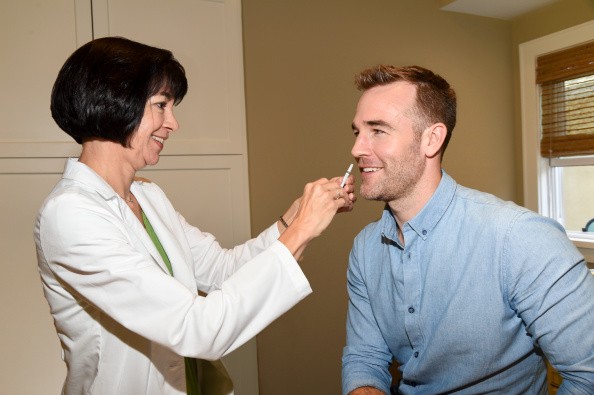FluMist, a nasal spray vaccine which was found to be ineffective, was removed by the pediatricians from the new flu vaccine guidelines. They recommend the influenza vaccine through injection as the foolproof way to fight flu.
As the cold season is fast approaching, kids are prone to becoming ill with the flu. The nasal spray FluMist would be withdrawn from the guidelines of the American Academy of Pediatricians (AAP) because of their recommendation, CNN reported.
The health officials of the U.S. have already proposed a non- provision of the FluMist vaccine. This announcement is supported by the statement of the American Academy of Pediatrics (AAP). As with the earlier years, it is still highly recommended to provide flu vaccine injection for children especially. The academy of pediatricians suggests that children from 6 months and up need to be given flu vaccine this October 2016, as it is the start of the influenza season which extends up to the year 2017.
According to the U.S. Centers for Disease Control and Prevention's Advisory Committee on Immunization Practices, in 2015-16, the nasal spray vaccine is just three percent effective among kids, two to 17 years of age, compared with 63 percent for the injected vaccine.
As recommended by AAP, the breastfeeding and the pregnant women also need to be inoculated by the flu vaccine. Pregnant women are safe to be given by flu vaccine shots at any term of their conception, according to U.S. News & World Report.
The flu vaccine injections are crucial to pregnant women as they have a high risk of developing complications as a result of the flu. Also, giving the pregnant a flu vaccine shot could provide the infant flu protection in the course of the initial six months.
According to Dr. Wendy Sue Swanson of Seattle Children's Hospital, additional protection from the flu is provided to newborns through breastfeeding. Even the healthy children are still vulnerable to experience and contract serious flu virus complications due to the unpredictability and of the common nature of flu.
From the announcement of AAP, that from October to June 30, health-care givers must already be providing flu vaccine shots.



























